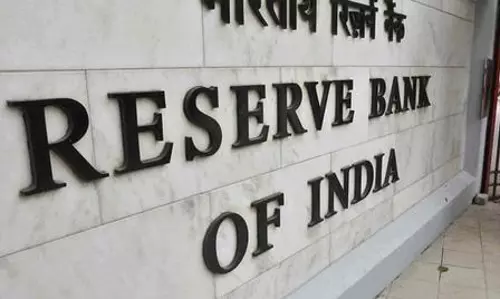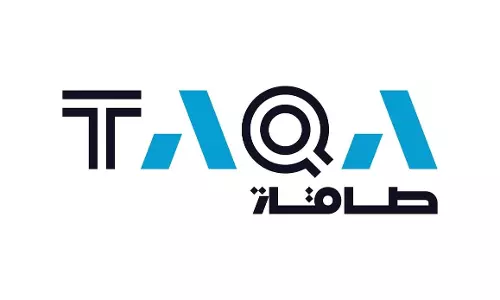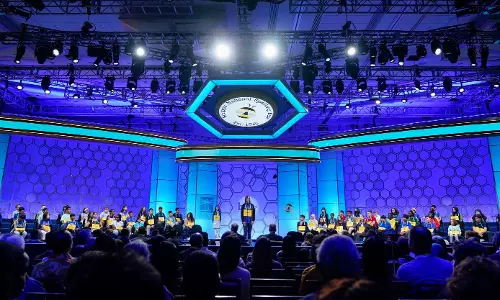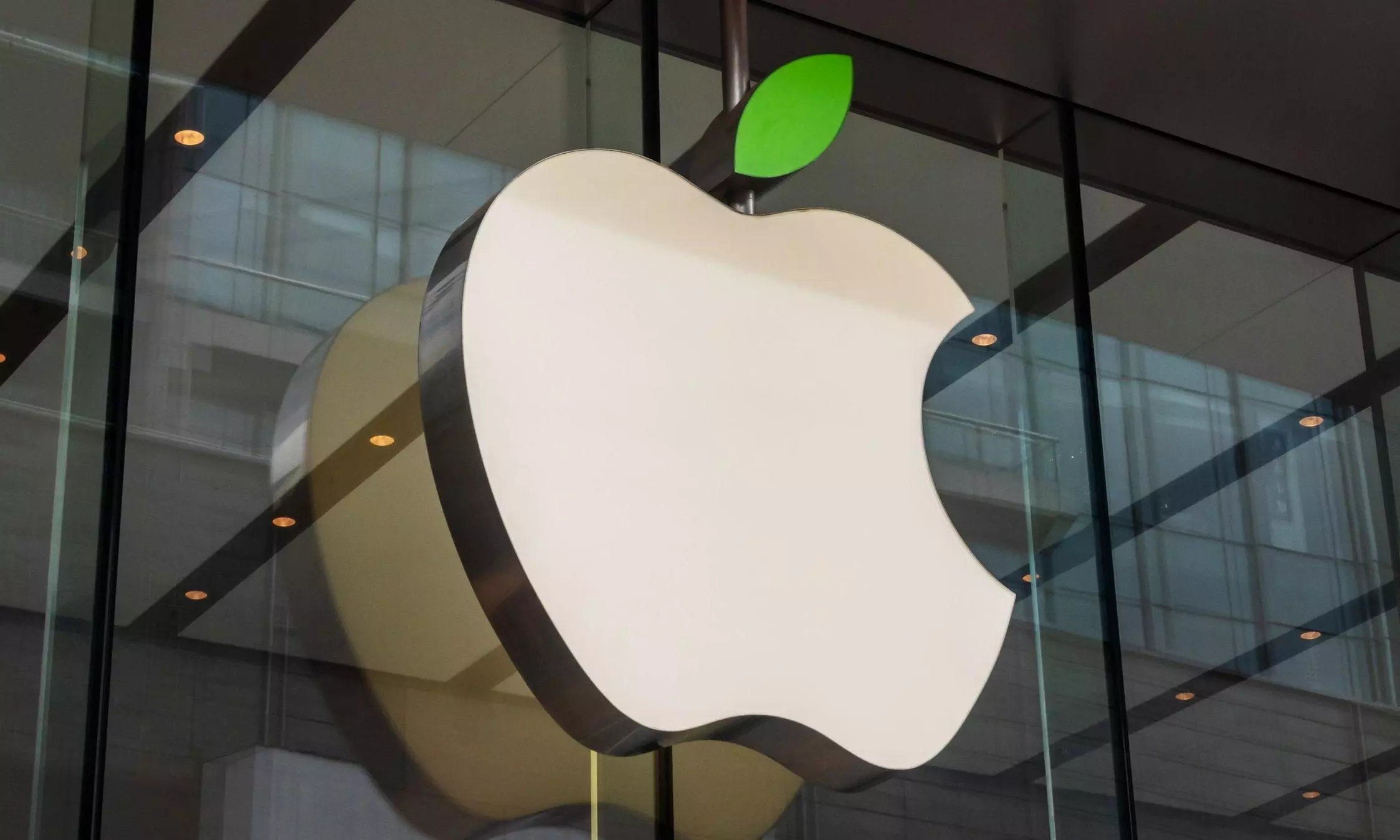
Apple may raise iPhone prices, likely to avoid linking to US-China trade tension
text_fieldsApple is reportedly planning a price increase for its upcoming iPhone lineup, expected to launch this fall, but is looking to avoid linking the hike to escalating U.S.-China trade tensions.
According to a Wall Street Journal report, rather than citing U.S. tariffs on Chinese imports — which significantly impact Apple due to its China-based manufacturing — the tech giant is exploring alternative narratives to justify the potential price jump. These could include highlighting innovative design upgrades and new features.
The move appears to be a strategic lesson from Amazon’s recent misstep. Earlier this year, Amazon faced backlash from the White House after reports suggested the company might pass on tariff-related costs to consumers. The government criticised it as a hostile move, leading Amazon to walk back the idea swiftly.
In Apple’s case, the company is working to shield itself from similar political fallout. CEO Tim Cook previously acknowledged that current tariffs could cost the company $900 million this quarter alone. In response, Apple has accelerated the diversification of its supply chain, shifting more iPhone production from China to India to minimise exposure to tariff impacts.
Details on the upcoming iPhone 17 series suggest major technological upgrades. Leaks indicate Apple may introduce a sleek, ultra-thin model with a reimagined camera design, seamlessly integrated into the back panel. The new phones may also feature a powerful 48-megapixel telephoto lens, replacing the current 12-megapixel sensor, and will likely be powered by the advanced A19 Pro chip, expected to be built using a 3nm process for better efficiency and performance.
The pricing discussion comes as the U.S. and China have agreed to a temporary 90-day pause on new reciprocal tariffs. Under this arrangement, the U.S. will scale back combined levies on Chinese imports from 145% to 30%, while China will lower its duties on American goods from 125% to 10%.
Although this ceasefire has been described by the White House as a "trade deal," the broader terms remain vague, leaving uncertainty about the long-term future of cross-border tech manufacturing.
























